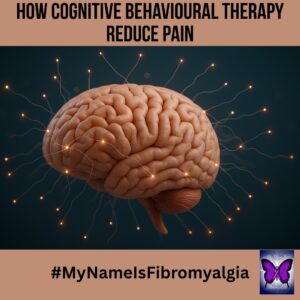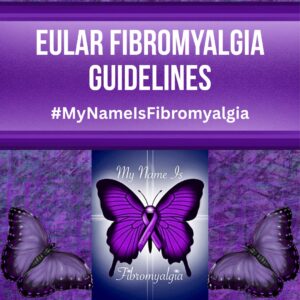Nerve Pain: Understanding and Managing the Pain

Nerve pain, or neuropathic pain, is a chronic condition that can cause significant discomfort and disability. It stems from damage caused to the nerves, which can lead to different symptoms, including burning, tingling, shooting, and stabbing pain.
Different kinds of medications are out there to treat nerve pain. Some of the most common include:
- Anticonvulsants
- Antidepressants
- Opioids
- Topical medications
It is important to note that there is no one-size-fits-all answer to the best medication for nerve pain. The best medication for you will depend on a few factors, including the severity of your pain, medical history, and your personal preferences.
In addition to medication, there could be a few other things you can do to manage your nerve pain. These include:
- Exercise
- Massage
- Acupuncture
- Cognitive behavioral therapy (CBT)
The vital step is to work with your doctor to develop a treatment plan that works for you.
Additional Tips for Managing Nerve Pain
Here are some additional tips for managing nerve pain:
- Get enough sleep.
- Eat a healthy diet.
- Manage stress.
- Connect with others.
- Be patient.
Remember, you are not alone.
People around the globe are battling with nerve pain. You are not alone. You can find support and information from your doctor, friends, family, and online communities.
Additional Resources
- The National Institute of Neurological Disorders and Stroke (NINDS) has a fact sheet on neuropathic pain: https://pmc.ncbi.nlm.nih.gov/articles/PMC8942164/
- The American Chronic Pain Association (ACPA) has a page on managing neuropathic pain: https://www.acpanow.com/
- The Mayo Clinic has a health letter on living with nerve pain: https://www.mayoclinic.org/diseases-conditions/peripheral-neuropathy/diagnosis-treatment/drc-20352067
Please note: This article is for informational purposes only, not medical advice. Please consult with your doctor before taking any medication for nerve pain.




